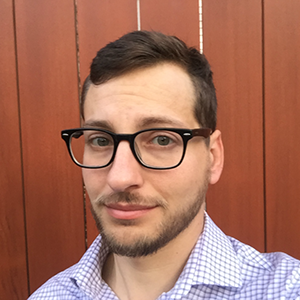Friday, October 4 | 12:15 - 1:15 PM | Zoom ONLY
“Open science” is the “principle and practice of making research products and processes available to all, while respecting diverse cultures, maintaining security and privacy, and fostering collaborations, reproducibility, and equity.”
As health researchers, our impact and responsibilities increasingly go beyond the point of publication acceptance. What we produce has a direct impact on health-related decisions and indirect impact on other research, the credibility of scientific institutions, policy making, and the social forces that shape our world.
Despite the expansive impact, there is recognition that much of health literature is unreliable, unreproducible, and unreplicable. Open science practices which can improve research transparency and rigor are slowly being adopted to try to meet these challenges. For example, in 2023, the White House Office of Science and Technology Policy celebrated the “Year of Open Science,” leading to a wave of open science initiatives across the National Institutes of Health. Unfortunately, incentives and institutions remain largely unchanged.
What are ways that we as researchers can make our own research more rigorous, more open, and more useful? How can we as individual researchers, a community of researchers, and participants in scientific institutions perform ethical and informative research under these challenges? Join us for a conversation with Dr. Noah Haber about the importance of and basics to open science in health research.

Dr. Noah Haber is an interdisciplinary scientist working at the crossroads of causal inference, infectious disease, economics, epidemiology, and meta-science. Dr. Haber’s research integrates two interconnected lines of quantitative research: evaluating the strength of causal inference across the pathway from publication to decision-making, and global HIV/AIDS measurement and evaluation. His methodological roots in health economics and econometrics were developed largely during his doctoral years at the Harvard TH Chan School of Public Health, with additional interdisciplinary studies and collaboration in epidemiology during his prior postdoctoral fellowship at the University of North Carolina and meta-science work at the Meta-Research Innovation Center at Stanford University (METRICS). Dr. Haber's work is oriented toward improving evaluation and production of evidence to improve actionability for decision-makers. That includes developing methods and systems to more systematically review and understand strength of causal inference and study design across health research, helping decision-makers understand the extent and nature of evidentiary uncertainty, executing large scale evidence review, or bridging conceptual gaps between epidemiology and econometrics.